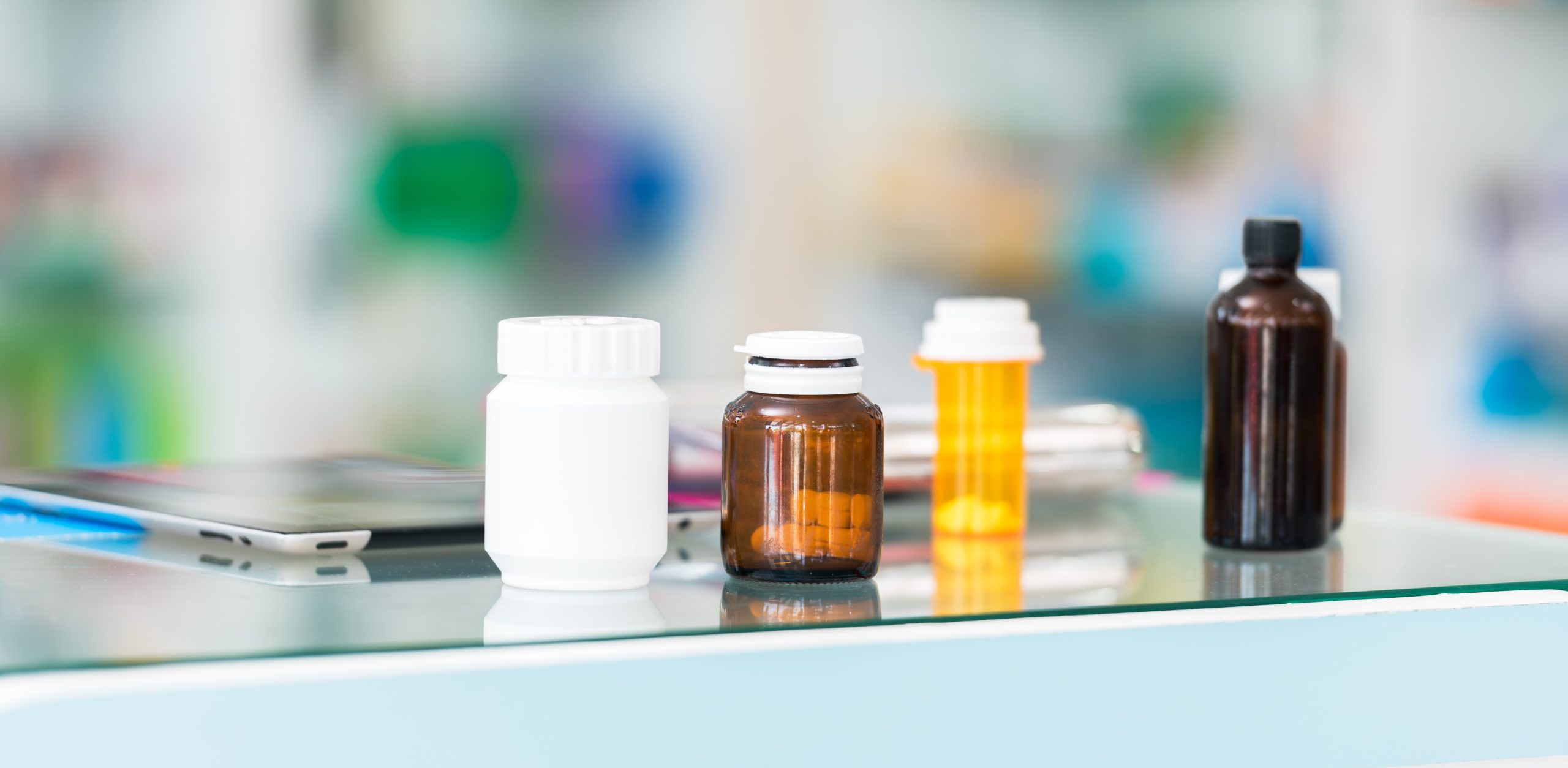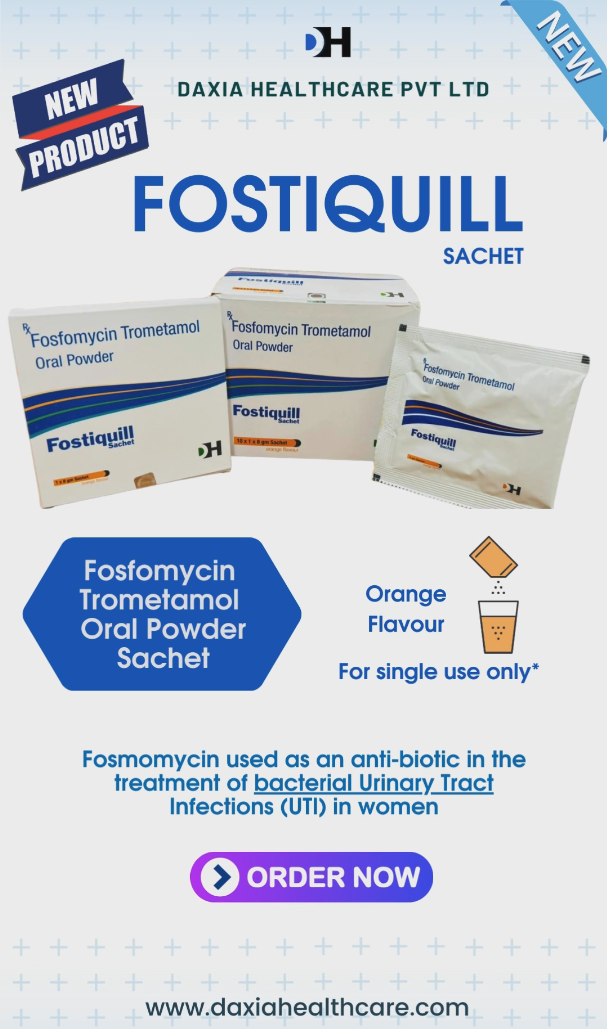Generic Drugs

"Empowering Access, Ensuring Affordability: Choose Generic Drugs for Quality Care at a Fraction of the Cost"
Generic drugs serve as substitutes for brand-name medications, essentially replicating their composition and effects. As such, they maintain identical dosage forms, safety profiles, strengths, side effects, quality, and performance characteristics. These alternatives provide the same therapeutic benefits as their branded counterparts at a fraction of the cost, offering financial relief to patients.
FDA approval is imperative for the prescription and consumption of generic drugs, ensuring their quality and efficacy. Despite their lower price point, generic medications do not compromise on potency or effectiveness. They contain the same active compounds as their brand-name counterparts, guaranteeing comparable effects and side effects.
Concerns about changes in dosage or quality are unwarranted, as generic drugs undergo stringent regulatory scrutiny to ensure their safety and efficacy. The reduced cost of generic drugs stems from the absence of research and marketing expenses incurred by brand-name companies, rather than any compromise in quality.
Upon expiration of patents held by brand-name pharmaceuticals, generic drug manufacturers can seek FDA approval to produce and distribute generic versions of the medications. Increased competition among generic drug manufacturers further drives down prices, benefiting consumers.
While both branded and generic medications utilize the same formulas, the latter offer substantial cost savings without sacrificing quality or effectiveness. Choosing generic alternatives enables patients to significantly reduce their medication expenses without compromising on treatment efficacy. It’s worth noting that many companies produce both brand-name and generic drugs, catering to diverse consumer needs.
Facts About Generic Drugs
Generic medications offer substantial cost savings, typically priced 80% to 85% lower than their branded counterparts. This significant affordability has propelled their widespread adoption among consumers. To ensure stringent quality standards, the FDA conducts approximately 3500 inspections of generic medicine manufacturing facilities annually, safeguarding the integrity of the manufacturing process.
What exactly are generic drugs?
Generic drugs are essentially duplicates of brand-name pharmaceuticals, featuring identical doses, intended uses, reactions, side effects, modes of administration, risks, safety profiles, and clinical benefits as their brand-name counterparts.
Why the lower cost associated with generic drugs?
The affordability of generic drugs stems from the expiration of patents that protect brand-name drugs, allowing other manufacturers to produce and distribute their versions. Since generic drugs don't necessitate repeating extensive clinical trials, research costs are minimized, resulting in reduced prices for consumers.
What makes generic drugs a preferred option?
Generic medications offer parity with brand-name drugs in terms of efficacy, stringent regulation ensuring safety, and a significantly lower price point compared to their branded counterparts.
Addressing Common Misconceptions:
Contrary to misconceptions, the Food and Drug Administration (FDA) asserts that generic drugs are just as effective as branded drugs, featuring equivalent dosages, qualities, modes of administration, safety profiles, and strengths.

